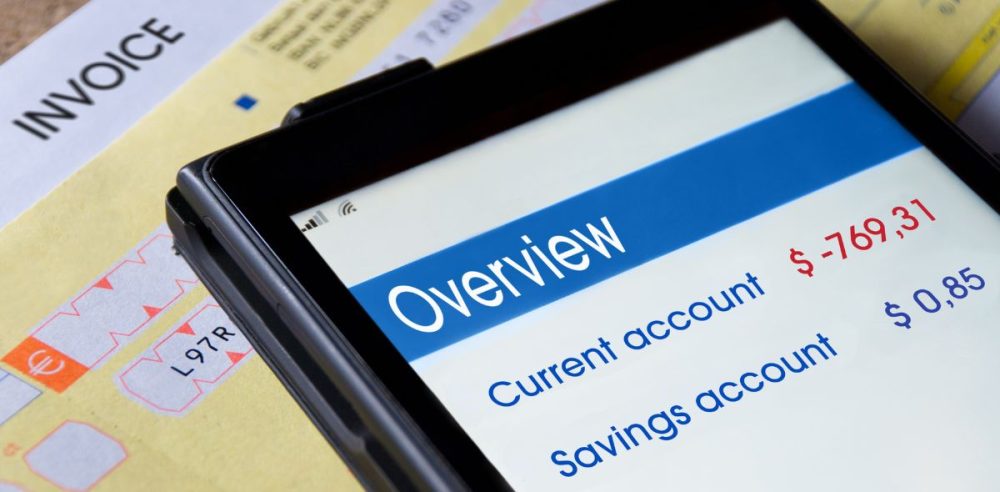The Consumer Financial Protection Bureau finalized a new rule that would cap overdraft fees for multitudes of banking customers, collectively saving consumers billions of dollars per year.
Many banking institutions charge overdraft fees of between $25 and $35 per transaction. Last year, U.S. banks collected an estimated $5.8 billion in fees for overdrafts and insufficient funds. However, under the new regulations announced by the CFPB on December 12, those fees would be drastically reduced, saving the typical banking household approximately $225 per year.
Financial institutions can choose from three different options regarding overdraft fees.
The first option would cap these fees at $5, which is the “estimated level at which most banks could be able to cover their costs associated with administering a courtesy overdraft program,” per the CFPB’s announcement.
Alternatively, banks that wish to offer the overdraft service as a courtesy to customers rather than a profit driver can cap their fee at the amount that covers their actual costs and losses related to the overdraft.
A third option would allow banks to continue profiting from their overdraft lending, but they would be required to clearly disclose the terms of the overdraft “loan,” including applicable interest rate, in the same way they would on a line of credit or other types of loan. This new rule closes a legal loophole that previously exempted overdraft fees as a finance charge.
The regulation, which is set to take effect on October 1, 2025, applies to banks and credit unions with more than $10 billion in assets.
“For far too long, the largest banks have exploited a legal loophole that has drained billions of dollars from Americans’ deposit accounts,” CFPB Director Rohit Chopra said in a news release. “The CFPB is cracking down on these excessive junk fees and requiring big banks to come clean about the interest rate they’re charging on overdraft loans.”
Some banks, including Bank of America, Citi, and Capital One, have already taken steps to lower or eliminate their overdraft fees, ABC News reported.
“I think some big banks admit that this has gone way too far and gone on way too long. And many of them are even finding that offering low or free overdraft products and services actually helps them gain customers who are looking to be treated fairly,” Chopra said, per ABC.
“If your bank is charging you big overdraft fees or reordering your payments to enrich themselves, you need to break up with your bank. There are so many local banks, credit unions and others that are offering a better deal, and you should take your business elsewhere,” he added.
Even so, not all financial institutions support the new rule.
The Consumer Bankers Association (CBA), a trade association focused on retail banking, decried the rule as a “blatant overreach of its statutory authority,” ABC reported. The CBA claimed the rule would “jeopardize access to overdraft services when hardworking Americans face unexpected expenses.”
The CBA and several banks and credit unions filed a lawsuit in Mississippi on the same day the new rule was announced, arguing that several aspects of the regulation are “arbitrary and capricious” and that the CFPB exceeded its authority.
The CFPB is a government agency created in 2010 that “implements and enforces Federal consumer financial law and ensures the markets for consumer financial products are fair, transparent, and competitive,” according to its webpage.


